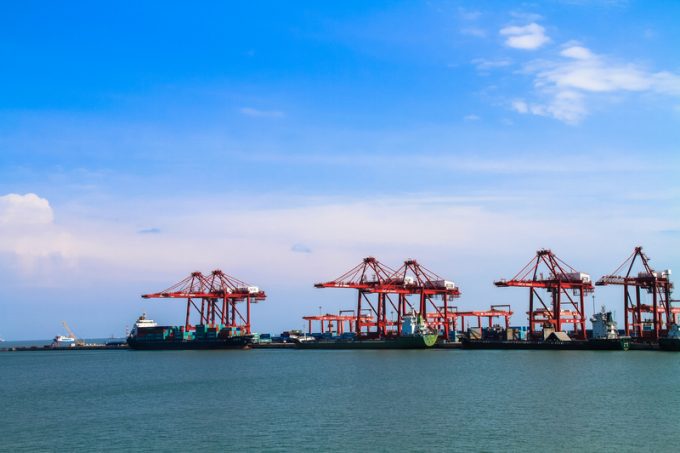Airfreight faces capacity challenge, as widebody fleet growth falters
Shippers and forwarders are facing the prospect of tightening airfreight capacity driving up pricing. Growth ...

Shipping lines have announced the temporary suspension of cargo bookings into South China next month, blaming reduced capacity from local feeder operators.
The move has prompted dismay among local forwarders who have warned customers “not to hesitate” to take any chance of booking cargo prior to Chinese New Year, which falls on 12 February.
Last week, OOCL reported a “sharp” drop in available feeder capacity, due to Covid quarantine rules affecting ship crews, telling customers it would suspend bookings for South China ...
Maersk u-turn as port congestion increases across Northern Europe
Maersk Air Cargo sees volumes fall as it aims for 'margin in favour of revenue'
Keep our news independent, by supporting The Loadstar
Container spot rates diverge: to Europe still falling, but firmer to the US
Hapag-Lloyd won't take bookings if port congestion leaves cargo stranded
Ecommerce likely the front-runner in resurge of transpacific trade after deal
Containership charter market feels the ripples from trade tensions
Airfreight players eye new routes as demand on the transpacific nosedives
Changing shipment origin won't wash: US CBP turns away whole truckloads
Expeditors reports healthy growth in a 'frenzied landscape of tariffs'
Service chaos from trade ban with India a problem for Pakistan shippers
China-US trade tariff pause could drive a rebound for transpacific rates
Airfreight rates ex-China 'loss-making', but hopes of a trade deal stay high
Indian coastal freight attracts major carriers, but regional tension disrupts
Serious threat to jobs in US logistics as tariffs cause economic 'stagflation'
APMM floats along on 'solid' Q1 profitability in Ocean, well prepared for choppy water

Comment on this article